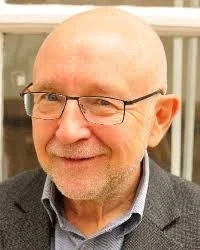People

Meet the Department
The Department of Philosophy, Logic and Scientific Method is renowned for a type of philosophy that is both continuous with the sciences and socially relevant.
Our department brings together academic faculty, professional services staff, and PhD students who contribute to every part of life at LSE Philosophy — from research and teaching to events, student support and beyond.
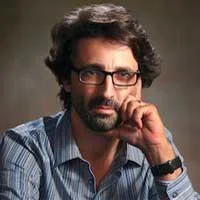

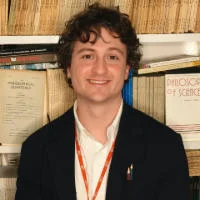

Professor J. McKenzie Alexander
BSc Philosophy, Logic and Scientific Method Director
Email: jalex@lse.ac.uk

Dr Marie Milofsky
BSc Philosophy, Politics and Economics Director/ Departmental Tutor
Email: M.M.Milofsky@lse.ac.uk





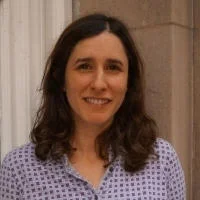
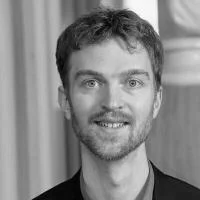
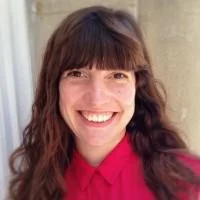

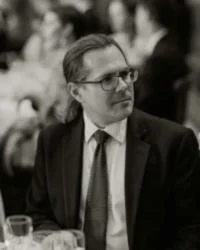
Professor J. McKenzie Alexander
Professor
Research areas: Evolutionary game theory, The evolution of morality and social norms, Computational philosophy and philosophy of computation, The philosophy of society.
Email: jalex@lse.ac.uk
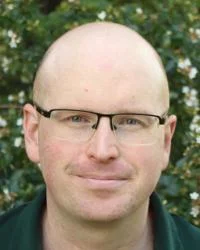
Professor Jonathan Birch
Professor and Director of The Jeremy Coller Centre for Animal Sentience
Research areas: Philosophy of Science, Philosophy of Biology, Philosophy of Cognitive Science
Email: j.birch2@lse.ac.uk
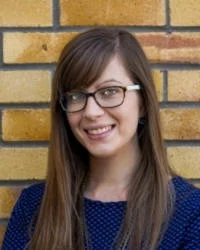
Dr Ali Boyle
Associate Professor
Research areas: Animal minds, animal ethics, comparative cognition, artificial intelligence, philosophy of biology
Email: a.boyle2@lse.ac.uk
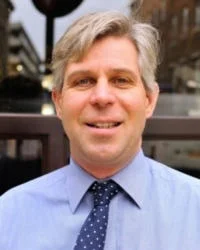
Professor Richard Bradley
Professor
Research areas: Decision Theory, Formal epistemology, Social choice, Scientific uncertainty, Conditionals
Email: r.bradley@lse.ac.uk

Dr Liam Kofi Bright
Associate Professor
Research areas: Social Epistemology, Philosophy of Science, Social Philosophy
Email: L.K.Bright@lse.ac.uk

Dr Campbell Brown
Associate Professor
Research areas: Normative ethics, Theories of social welfare, especially prioritarianism, egalitarianism, sufficientism, Partial vs full aggregation.
Email: c.f.brown@lse.ac.uk
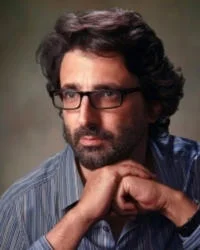
Professor Roman Frigg
Professor and Head of Department
Research areas: Modelling and representation, Scientific understanding, Environmental decision-making under uncertainty, Thermostatistical physics and reductionism, Probability, chaos and randomness,Art and Science
Email: r.p.frigg@lse.ac.uk

Dr Remco Heesen
Associate Professor
Research areas: Social structure of science, Philosophy of science, Rational choice theory, Formal epistemology, Social epistemology
Email: r.heesen@lse.ac.uk
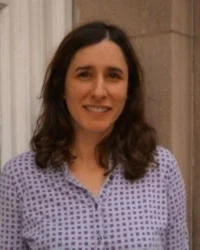
Professor Anna Mahtani
Professor
Research areas: Imprecise probabilities, Contextualism, Welfare economics/distributive ethics, Dementia and transformative experience.
Email: a.mahtani@lse.ac.uk

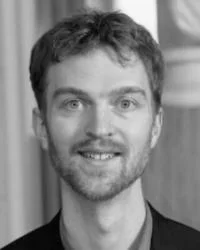
Dr Kieran Oberman
Associate Professor
Research areas: Migration ethics, Just war theory, Distributive justice
Email: K.Oberman@lse.ac.uk

Dr Jonathan Parry
Associate Professor and Deputy Head of Department
Research areas: Moral Philosophy (especially the morality of war, violence, paternalism, harming and saving), Political Philosophy (especially political authority and obligation).
Email: j.parry1@lse.ac.uk

Professor Miklós Rédei
Professor
Research areas: Philosophy of science, Philosophy and foundations of quantum physics, Foundations of probability theory, Bayesian learning.
Email: m.redei@lse.ac.uk

Professor Bryan W. Roberts
Professor
Research areas: Philosophy of Physics, Time reversal and the arrow of time, Philosophy of space and time, History and philosophy of science, The aesthetic experience
Email: b.w.roberts@lse.ac.uk
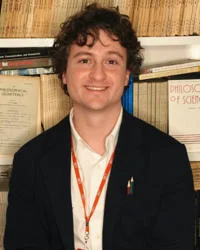
Dr Lewis Ross
Associate Professor, Director of CPNSS, Deputy Head of Department (Research)
Research areas: Philosophy of Law, Political Philosophy, Epistemology
Email: L.ross2@lse.ac.uk
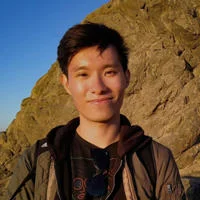
Dr Weng Kin San
Assistant Professor
Research areas: Distributive Ethics, Decision Theory, Formal Epistemology
Email: W.San@lse.ac.uk
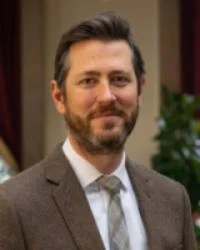
Professor Alex Voorhoeve
Professor
Research areas: Distributive justice, Procedural justice, Philosophy and Public policy (esp. health), Moral psychology
Alex Voorhoeve currently doesn't take new PhD students.
Email: a.e.voorhoeve@lse.ac.uk

Dr Kate Vredenburgh
Associate Professor
Research areas: Explainable AI, Institutional transparency, The philosophy of work, Egalitarianism, Fair allocation
Email: K.Vredenburgh@lse.ac.uk
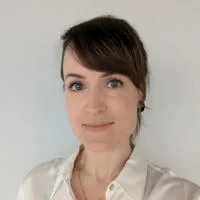
Dr Ella Whiteley
Assistant Professor
Research areas: Applied ethics, salience, attention, work, feminist philosophy
Email: E.K.Whiteley@lse.ac.uk

Dr Jingyi Wu
Assistant Professor
Research areas: Social Epistemology (of Science), Feminist Epistemology, Philosophy of Space and Time
Email: Jingyi.Wu@lse.ac.uk

Dr Xinhe Wu
Assistant Professor
Research areas: Algebraic models in mathematical logic, Semantic paradoxes, Vagueness and indeterminacy, Formal metaphysics, Forcing in set theory
Email: x.wu67@lse.ac.uk

Dr Alessandro Basso
LSE Fellow
Research areas: Epistemological foundations of measurement in social sciences, Development and evaluation of inequality indicators.
Email: A.Basso@lse.ac.uk

Dr Nadia Blackshaw
LSE Fellow
Research areas: Foundations of quantum theory, Feminist philosophy of science, Connection between philosophy of physics and consciousness.
Email: N.I.Blackshaw@lse.ac.uk
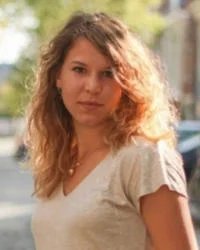
Dr Suzanne Bloks
Guest Teacher
Research areas: Democratic theory, Constitutional theory, Formal political theory (game theory and social choice), Legal philosophy.
Email: s.bloks@lse.ac.uk

Dr Bryan Cheang
Research Fellow
Research areas: Liberal Political Economy, Liberalism, Culture, and Non-Western Societies, Ethics of Capitalism, Industrial Policy and Development.
Email: b.cheang@lse.ac.uk
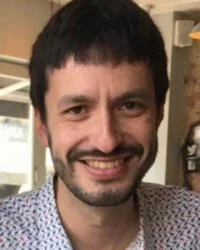
Dr Daniel Guillery
LSE Fellow
Research areas: Territorial and property rights, the morality of land-use, Urban political philosophy (gentrification, tourism, transportation policy), Migration and exclusion.
Email: d.a.guillery@lse.ac.uk

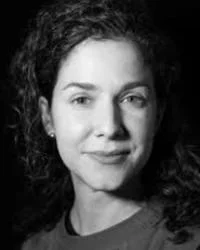
Dr Paola Romero
Guest Teacher
Research areas: Political philosophy, Immanuel Kant's moral and political thought, Karl Popper, Art and AI.
Email: P.Romero@lse.ac.uk

Dr Thomas Rowe
LSE Fellow
Research areas: Moral and political philosophy, Ethics of imposing risk, Fairness
Email: T.Rowe@lse.ac.uk
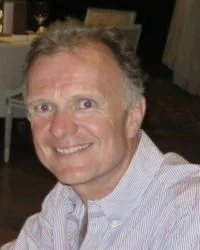
Dr Charles N.C. Sherwood
Guest Teacher
Research areas: The ethics of negotiation, Business and organisational ethics
Email: C.N.Sherwood@lse.ac.uk
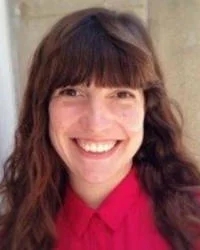
Becky Matthams
Department Manager
Key duties: Supports strategic planning with HoD and Deputy HoD, Manages departmental resources, Leads the Professional Services team.
Email: R.Matthams@lse.ac.uk

Mar Torró
Teaching Delivery and Deputy Department Manager
Key duties: Leading on delivery of programmes and courses, Programmes or courses changes/ Akari, Departmental Teaching Committee. Safe Contact.
Email: M.Lopez-Torro@lse.ac.uk
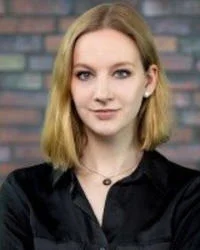
Isabel Lacurie
Marketing and Communications Manager
Key duties: Student marketing, Digital communications including social media management, Event management, Alumni network management.
Email: I.Lacurie@lse.ac.uk
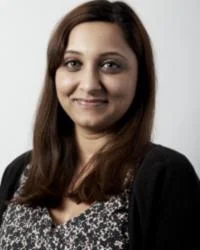
Sabina Allam-Patel
Graduate Programmes Manager
Key duties: MSc/PhD enquiries, Coordinates orientation for new postgraduate students, Administers examinations and assessment, Graduate course choice.
Email: S.Allam-Patel@lse.ac.uk
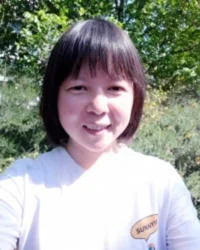
Yan Pang
Undergraduate Programmes Manager
Key duties: BSc programmes, Programme Regulations, Assessments, UG Exam Sub-Boards, SSLC, My Adjustments, EDI.
Email: Y.Pang3@lse.ac.uk
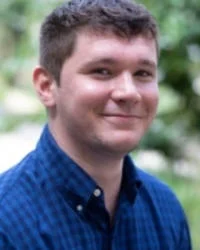
Ryan Edmonds
Departmental Senior Student Adviser
Key duties: Student attendance or wellbeing support, Providing one-to-one support to students, Liaising between the department and the Student Services Centre.
Email: R.Edmonds1@lse.ac.uk
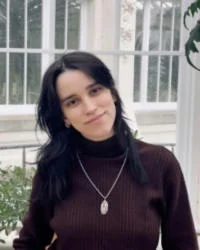
Julianne Claire Castro
Research Programmes Coordinator
Key duties: Project coordination, grant and financial administration, research support, event management REF 2029.
Email: J.Castro5@lse.ac.uk

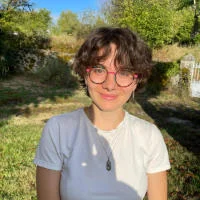
Zoé Barret
Research areas: Feminist philosophy of science, (Social) epistemology, Philosophy of mind, Philosophy of psychology
Email: Z.E.Barret@lse.ac.uk

Lea Bourguignon
Research areas: Contractualism, Act-based and rule-based moral theorising, Partial Aggregation, Methods in Moral Theory.
Email: l.bourguignon@lse.ac.uk

Jonathan Coull
Research areas: General philosophy of science, Logic and model theory, Philosophy of language, Formal epistemology.
Email: J.Coull@lse.ac.uk
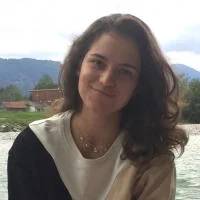
Rebecca Dreier
Research areas: Philosophy of mind (including animal minds), (Social) epistemology, Ethics of animals and AI
Email: R.M.Dreier@lse.ac.uk

Anna Dvorishchina
Research areas: Criminal law theory, Applied ethics, Philosophy of emotions, with a focus on the rationality of emotions and their role in moral judgement.
Email: A.Dvorishchina@lse.ac.uk

Dominic J. Ede
Research areas: Philosophy of Physics, Philosophy of Statistical Mechanics, Philosophy of Quantum Mechanics, General Philosophy of Science
Email: D.J.Ede@lse.ac.uk
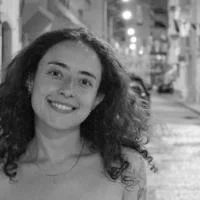
Talita Ferrantelli
Research areas: Intersections of social and legal epistemology, feminist philosophy, The role of consent in sexual ethics and criminal law.
Email: T.Ferrantelli@lse.ac.uk
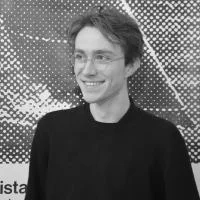
Korbinian Friedl
Research areas: Formal (social) epistemology, Prediction Markets as a tool in cooperative investigation and decision making, Judgment Aggregation, Verificationism.
Email: K.M.Friedl@lse.ac.uk

Hanika Froneman
Research areas: Political epistemology, Social Epistemology, Philosophy of Technology, Applied Ethics.
Email: H.Froneman@lse.ac.uk

Adam Hudson
Research areas: Political philosophy, Normative ethics, Applied ethics (especially bioethics), Philosophy of Law.
Email: A.Hudson@lse.ac.uk

Katariina Hynninen
Research areas: Philosophy of Animal Minds, Animal Ethics, Aesthetics.
Email: m.hynninen@lse.ac.uk
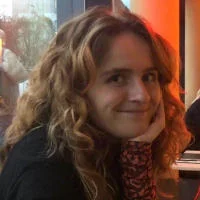
Freya von Kirchbach
Research areas: Social Epistemology, Political Philosophy, Metaphysics

Vita Kudryavtseva
Research areas: Decision Theory, Philosophy of Imagination, Philosophy of Probability, Epistemology, Philosophy of Economics.
Email: V.V.Kudryavtseva@lse.ac.uk


Arlene Lo
Research areas: Philosophy of science, Social epistemology, Political philosophy, Anti-colonial thought, Feminist philosophy, Critical theory
Email: N.Lo2@lse.ac.uk

Beatrice Lorenz
Research areas: Formal and Social Epistemology, Epistemology of AI, Philosophy of Technology.
Email: M.Lorenz@lse.ac.uk

Rafael Ruiz de Lira Manzano
Research areas: Moral Progress, Distributive Justice, Effective Altruism, Animal Welfare, Existential Risk.

Franco Menares-Paredes
Research areas: Formal epistemology, social epistemology, general philosophy of science, scientific methodology, artificial intelligence.

Puneh Nejati-Mehr
Research areas: Epistemology (formal, social), Action and decision theory, Philosophy of language
Email: P.Nejati-Mehr@lse.ac.uk

Alexander Niederklapfer
Research areas: Philosophy of Quantum Field Theory and Particle Physics, Metaphysics of Physics, General Philosophy of Science, Philosophy of AI.
Email: A.Niederklapfer@lse.ac.uk
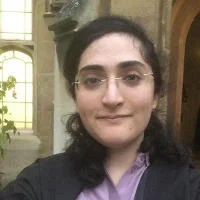
Andrea Petrou
Research areas: Formal epistemology and decision theory, moral uncertainty and meta-normativity, ethics, metaethics, transformative experience and personal identity.
Email: A.M.Petrou@lse.ac.uk
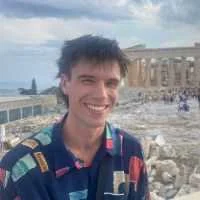
Dominic Ryder
Research areas: Philosophy of physics, Philosophy of science, Philosophy of sex, sexuality and gender, Formal social epistemology.
Email: D.Ryder@lse.ac.uk
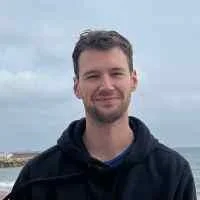
Moritz Schnorpfeil
Research areas: Theories of justice, Theories of democracy, Political philosophy of AI
Email: m.schnorpfeil@lse.ac.uk
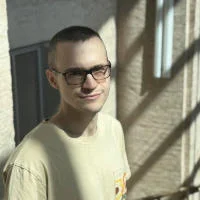
Mikhail Volkov
Research areas: Social and virtue epistemology, Decision- and game-theoretic models and explanations, Applications of evolutionary game theory to moral norms.
Email: M.Volkov@lse.ac.uk

Adam Wingårdh
Research areas: Conditionals, Probability, Contextualism in the philosophy of language, Accounts of Harm, Moral Luck, Free Will
Email: A.J.Wingardh@lse.ac.uk

Zhongwei Xu
Research areas: Decision making under ambiguity and Belief formation under ambiguity
Email: Z.Xu58@lse.ac.uk
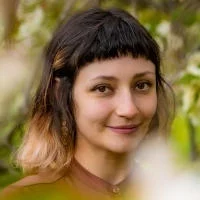
Daria Zakharova
Research areas: Behavioural and theory-light approaches to the study of artificial minds, Biological and non-biological conceptions of the mind.
Email: D.Zakharova1@lse.ac.uk

Binjie Zou
Research areas: Formal and social epistemology, Philosophy of science, Philosophy of physics.
Email: B.Zou4@lse.ac.uk
